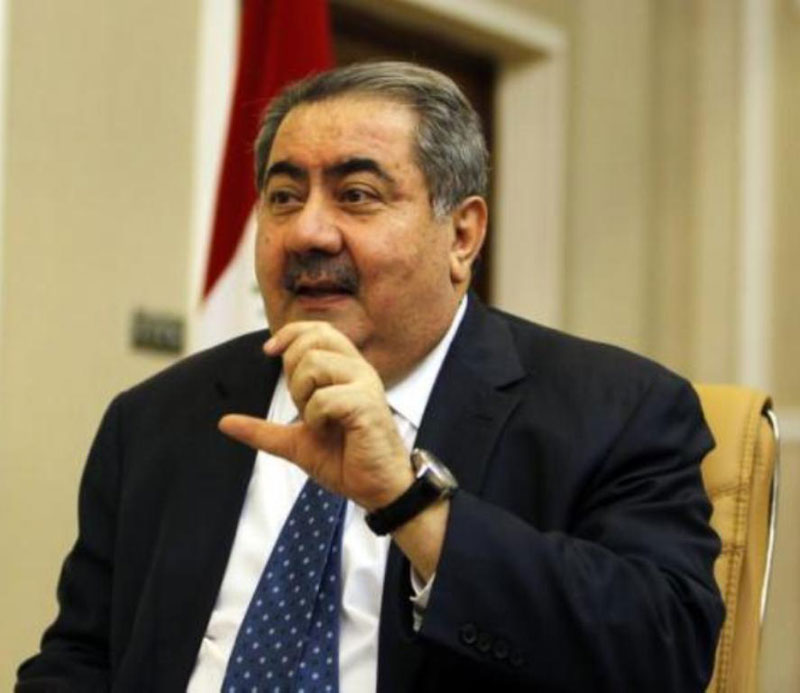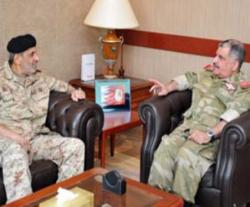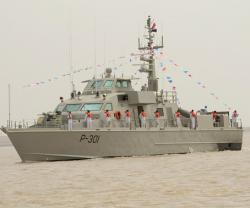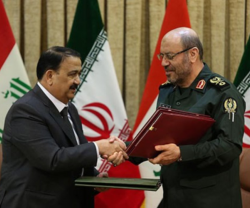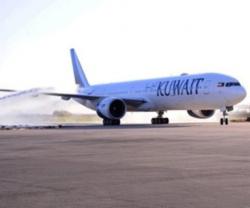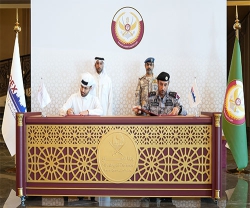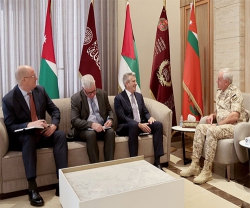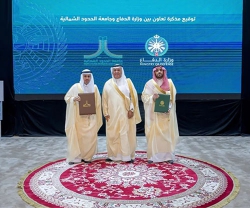Kuwait has postponed the final installment of reparations for Iraq's 1990-91 occupation, Iraqi Finance Minister Hoshiyar Zebari (photo) said, easing a cash crisis in Baghdad caused by lower oil prices and war with Islamic State.
The delay, which Iraq requested, gives it until 2017 to pay the last, and largest, tranche worth $4.6 billion, Zebari told Reuters in a text message.
Since Iraq was first allowed to resume oil sales nearly two decades ago, it has paid funds into a United Nations body overseeing compensation for looting and damage inflicted during Saddam Hussein's seven-month occupation of Kuwait.
More than a million claimants have been paid and nearly all the $52.4 billion reparations bill has been met through Iraq's annual allocation of 5 per cent of crude oil exports to the U.N. Compensation Commission (UNCC).
But with its economy now under pressure, Iraq can ill afford to divert a large chunk of its budget to make that final payment, which was due this year after an earlier postponement.
OPEC producer Iraq is suffering from the sharp fall in global oil prices and the Islamic State takeover in the north and west, which has caused mass displacement of people, destruction of infrastructure and a sharp increase in military expenditure.
The decision was announced by Kuwait's foreign minister on Wednesday at a UNCC meeting in Geneva, the Kuwaiti news agency Kuna reported.
The outstanding claim for compensation is for damage to Kuwait's oil facilities. More than 700 Kuwaiti oil wells were set on fire by Iraqi troops retreating from the US-led operation Desert Storm to recapture it in January 1991. Some of them burned for 10 months.

